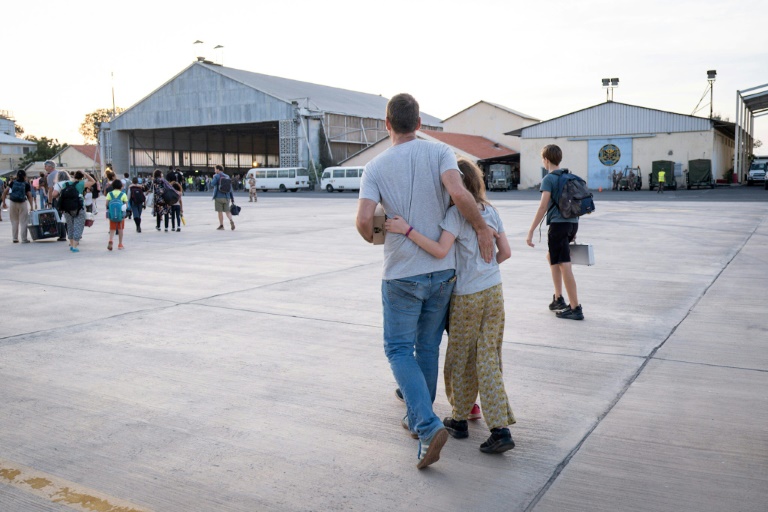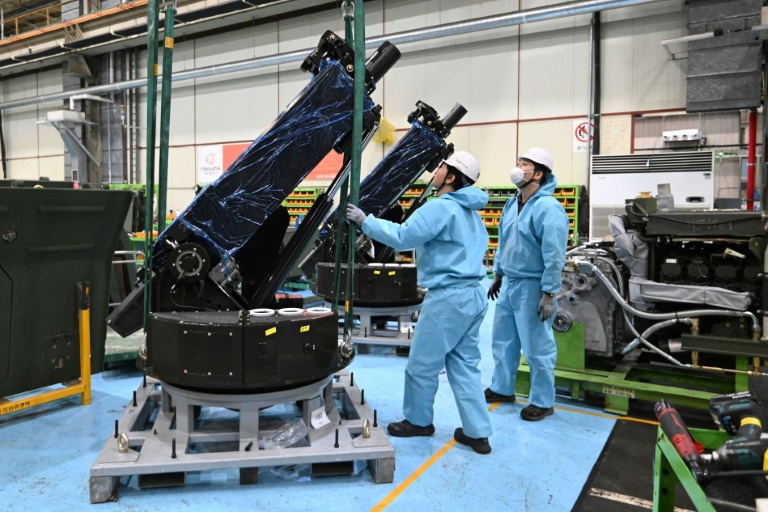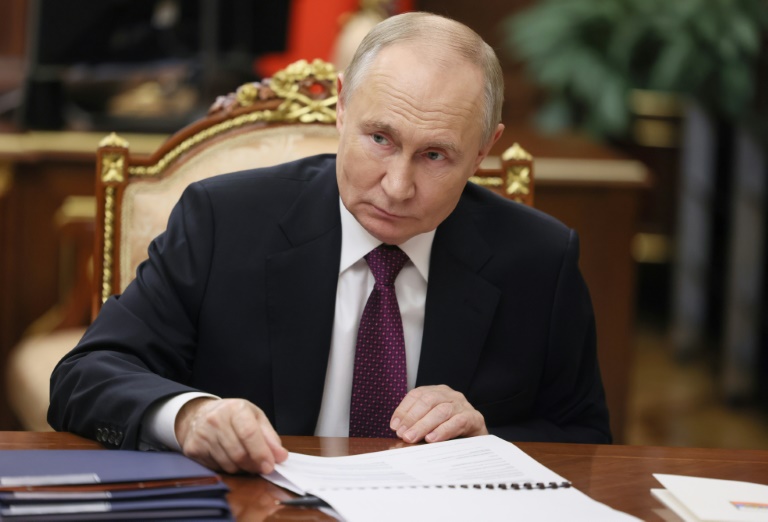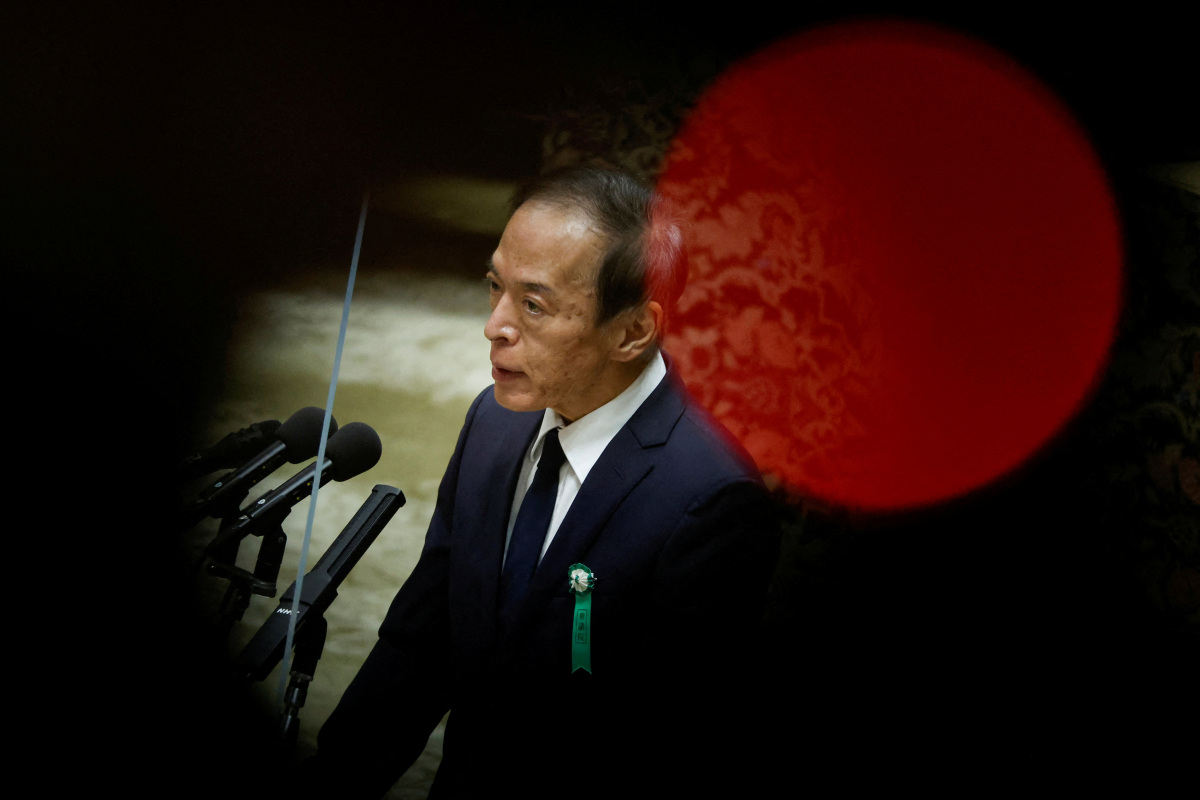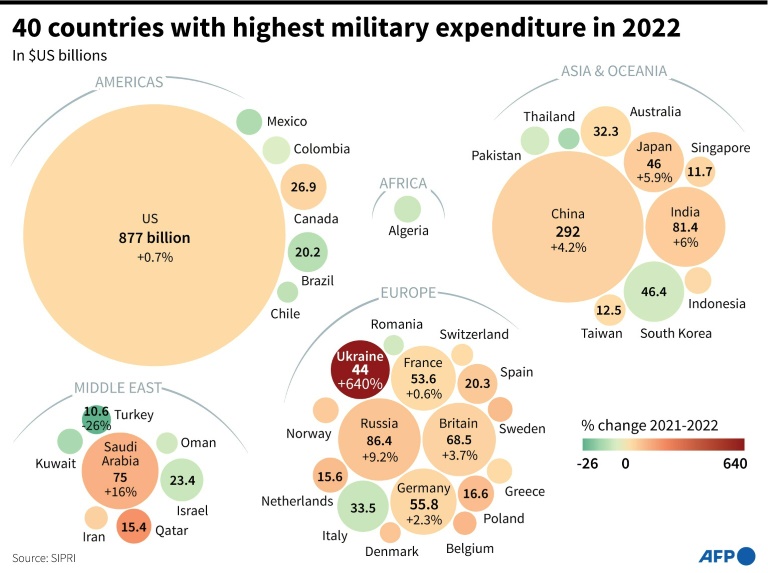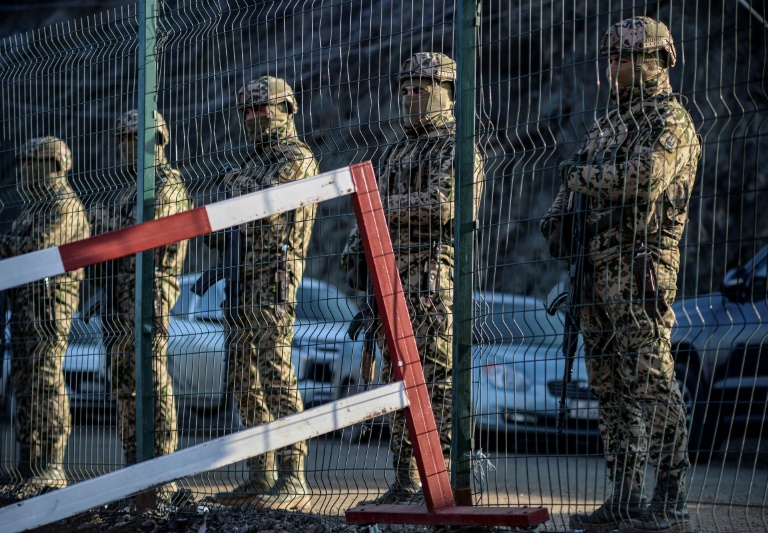AFP
More than 100 people have been evacuated from Sudan on the first French flight out of the war-hit country after a “complicated” rescue operation, French officials said on Sunday.
According to a Djibouti airport source, 106 people landed in Djibouti by late afternoon, while a French official said another flight was on the way.
“A plane has landed and another is in the air”, each plane allowing the evacuation of “a hundred people”, the French military said.
The first rescue flight to Djibouti carried citizens from Britain, France, Germany, and Switzerland as well as African nations such as Ethiopia and Morocco, an official from the foreign ministry said on condition of anonymity.
And the foreign ministry in Athens said France had helped it evacuated some of its citizens, including two wounded.
“They’re tired, tense, but very relieved to have arrived safe and sound,” he said.
The evacuees had to cross the frontline of fighting around the capital Khartoum to board the planes, with the French embassy helping negotiate a ceasefire with the paramilitary Rapid Support Forces (RSF) that is battling the army.
“I must stress the complicated nature of this operation,” the official said.
Some 150 troops were deployed including “elements of protection, others of reconnaissance, logistical support and medical personnel”, in a “volatile situation”, where the two sides “continue to wage war, even during the truces”, the French general staff said.
Reconnaissance operations were carried out to “secure” the routes taken by the civilians to get to an airport in the Khartoum region, said this source.
Asked about unconfirmed reports that a French national had been injured on Sunday when the rescue convoy was fired upon, a defence ministry official declined to comment.
“With the operation ongoing, we do not want to comment on this type of rumour,” an official from the defence ministry said, speaking during the same briefing with reporters.
They gave details of the long planning process and negotiations leading up to Sunday’s operations.
Locating French and other foreign nationals has been difficult because of the lack of phone network coverage and electricity.
An evacuation mission by road was considered, but then discarded due to security concerns as well as the difficulties in supplying it with food and fuel.
Once the airborne option was chosen, President Emmanuel Macron called his Ethiopian counterpart to request permission for the flights to use Ethiopian air space on their way to Djibouti.
“We had difficulties with some countries which had closed their air space,” the foreign ministry official said.
A doctor was on board the French plane to assist evacuees, many of whom were “understandably psychologically affected” by their ordeal in Khartoum where food and fuel are in short supply, the official added.
Other French rescue flights are expected on Monday morning.

